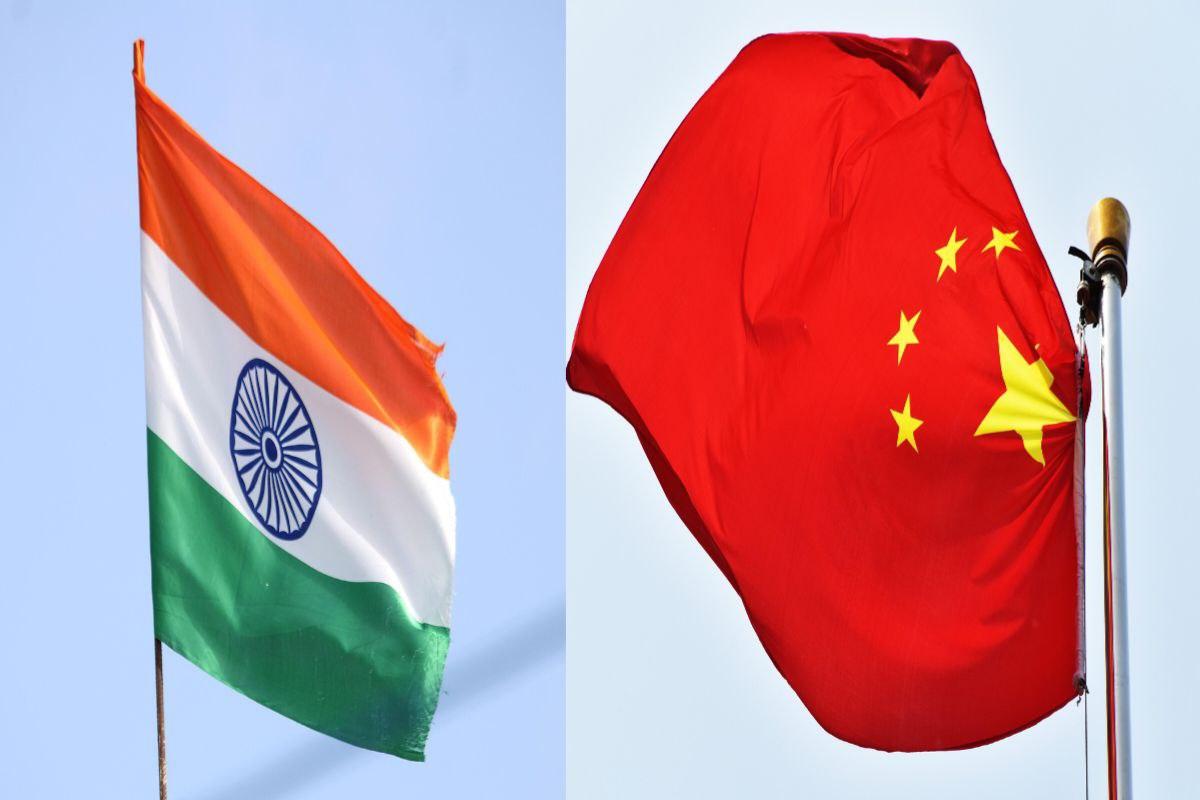
Indian External Affairs Minister S. Jaishankar has arrived in China for a key diplomatic visit following his official stop in Singapore. This marks his first visit to China since the violent Galwan Valley clash between Indian and Chinese soldiers in 2020—an event that had severely strained relations between the two Asian giants.
Jaishankar landed in Beijing after concluding the India-Singapore Ministerial Roundtable and held a significant meeting with Chinese Vice President Han Zheng. Sharing a photo of the meeting, the minister expressed his satisfaction, saying he was pleased to meet Vice President Han upon arriving in Beijing. He also reiterated India’s support for China’s presidency of the Shanghai Cooperation Organisation (SCO), describing the ongoing improvement in bilateral relations since the October 2024 meeting between Prime Minister Narendra Modi and President Xi Jinping in Kazan, Russia.
During the meeting, Jaishankar said, “I’m confident that my discussions on this visit will maintain the positive trajectory established since that meeting.” He emphasized the importance of sustaining momentum in the bilateral dialogue and highlighted that both countries had celebrated the 75th anniversary of diplomatic relations recently. He further pointed out that the resumption of the Kailash Mansarovar Yatra has been widely appreciated in India, indicating a return to normalcy in people-to-people exchanges.

As neighbors and major global economies, Jaishankar stressed the critical need for India and China to maintain open channels for the exchange of views and perspectives, particularly amid the current complexities in the international geopolitical environment. “Today, the international situation is very complex. As neighboring countries and major economies, it is important for India and China to have an open exchange of ideas,” he stated during his remarks.
The minister will be participating in the SCO Council of Foreign Ministers meeting on Tuesday in Tianjin. On the sidelines of this meeting, he is also scheduled to hold bilateral talks with Chinese Foreign Minister Wang Yi. These talks are expected to cover a broad range of issues, including easing tensions along the Line of Actual Control (LAC), ensuring peace at the borders, and enhancing cooperation in trade and investment.
Jaishankar emphasized that continued normalization of India-China ties would benefit both nations. "The normalization of our relations can bring mutual benefit to both countries," he noted. His visit underscores India’s diplomatic balancing act and commitment to resolving differences through dialogue, even as tensions linger on critical fronts.
The return of high-level India-China engagements such as this comes at a time when global geopolitics is undergoing rapid transformation. Both nations are seeking to recalibrate their foreign policies amidst changing power dynamics, regional security issues, and the economic uncertainties that have followed in the wake of recent global events.
Jaishankar’s visit is being closely watched as a potential turning point in the trajectory of India-China relations. It signals not only India's willingness to engage diplomatically but also its interest in shaping a constructive partnership within multilateral frameworks like the SCO.
Disclaimer: This article covers recent diplomatic developments between India and China based on publicly available sources and official statements. Any future outcomes or negotiations mentioned remain subject to change as per geopolitical circumstances.




